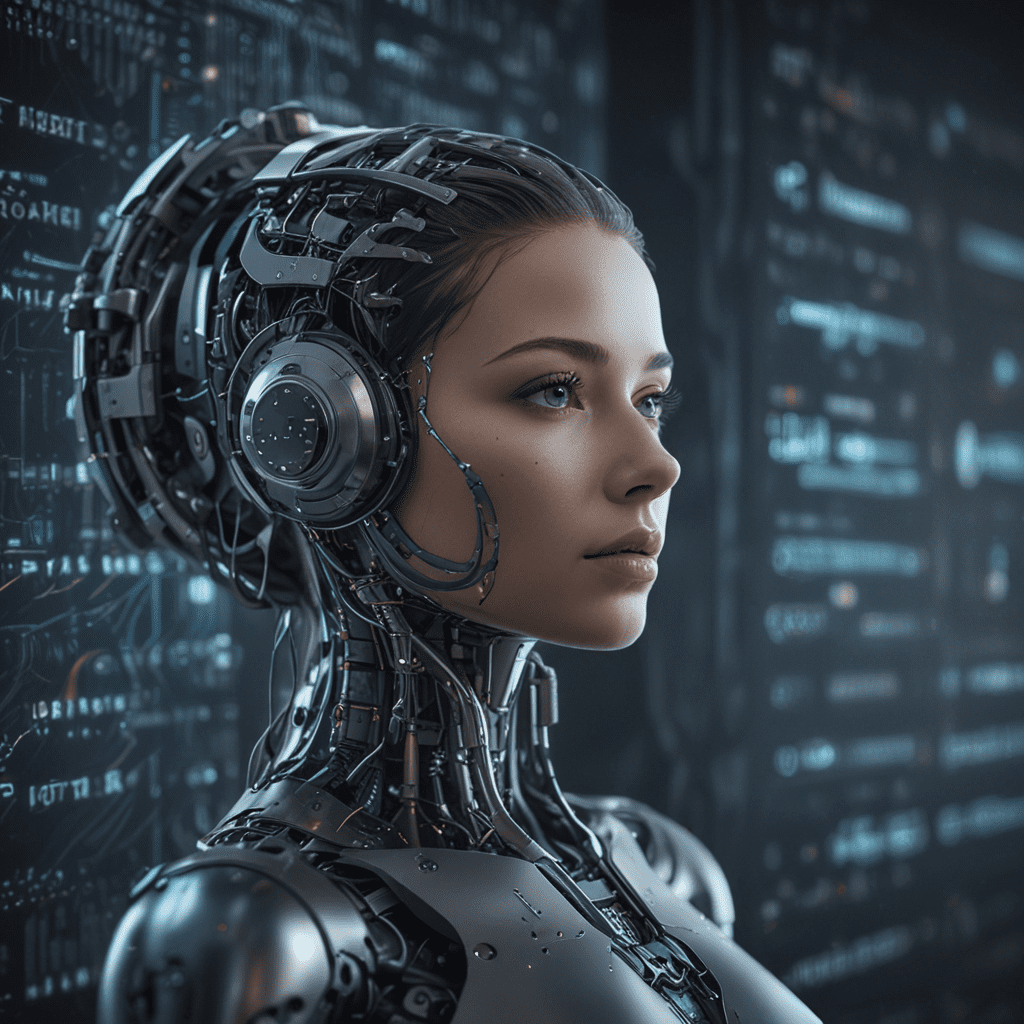The Future of User Experience (UX) Design in Artificial Intelligence
Introduction
Artificial Intelligence (AI) is rapidly transforming the world as we know it, and its impact on UX design is no exception. AI-powered tools and techniques are empowering UX designers to create more personalized, contextual, and engaging experiences for users.
The Role of Artificial Intelligence in UX Design
AI can assist UX designers in various ways, including:
- Data Analysis: AI algorithms can analyze vast amounts of user data to identify patterns, preferences, and pain points.
- Personalized Recommendations: AI can provide personalized recommendations for content, products, and experiences based on user behavior and context.
- Natural Language Processing (NLP): NLP allows AI to understand and respond to user queries in a natural and conversational manner.
- Automated Testing: AI can automate repetitive testing tasks, freeing up designers to focus on higher-level strategic work.
Current Applications of AI in UX
AI is already being used in a variety of UX applications, such as:
- Chatbots: AI-powered chatbots provide 24/7 customer support and can resolve user queries quickly and efficiently.
- Voice User Interfaces (VUIs): VUIs allow users to interact with devices using voice commands, making interactions more natural and convenient.
- Personalized Content Recommendations: AI can analyze user preferences to suggest relevant content and products that meet their interests.
- Adaptive Layouts: AI can dynamically adjust user interfaces based on factors such as device type, screen size, and user preferences.
Enhanced User Engagement
AI can enhance user engagement by:
- Personalized Notifications: AI can send personalized notifications to users based on their behavior, preferences, and time of day.
- Gamification: AI can introduce gamification elements into user experiences, making them more engaging and motivating.
- Smart Recommendations: AI can provide smart recommendations for actions, tasks, and content that users might find interesting or valuable.
- Real-Time Feedback: AI can provide real-time feedback on user actions, helping them to improve their experience and make better decisions.
Ethical Considerations in AI and UX
As AI becomes more prevalent in UX design, it is important to consider ethical implications such as:
- User Privacy: AI algorithms must protect user privacy and prevent the misuse of personal data.
- Bias and Discrimination: AI algorithms should be unbiased and avoid discrimination against any group of users.
- Transparency: Users should be aware of the role of AI in their experiences and have control over how their data is used.
Skills and Tools Needed for UX Designers
UX designers who want to work with AI will need to develop new skills and use new tools, including:
- Data Analytics: Understanding data analysis techniques and tools is essential for working with AI.
- Machine Learning: Familiarity with machine learning algorithms and techniques is beneficial for creating AI-powered experiences.
- AI-Powered UX Design Tools: There are various AI-powered UX design tools available that can enhance designers' workflows.
The Future of AI-Driven UX
AI will continue to play an increasingly significant role in UX design, leading to:
- More Personalized Experiences: AI will enable UX designers to create highly personalized experiences that meet the unique needs of each user.
- Seamless Interactions: AI-powered interfaces will become more seamless and intuitive, allowing users to interact with devices and services effortlessly.
- Ethical and Responsible AI: AI will be used responsibly and ethically to enhance user experiences while respecting privacy and avoiding bias.
Conclusion
AI is transforming UX design, enabling designers to create more personalized, contextual, and engaging experiences for users. As AI continues to evolve, UX designers will need to adapt and embrace new skills and tools to stay at the forefront of this exciting field.


